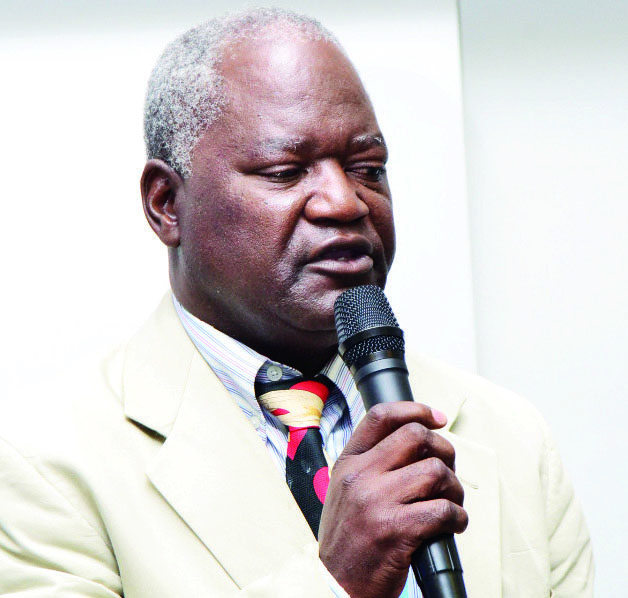Key Business Points
- Limited access to affordable loans and punitive interest rates are stifling the growth potential of small and medium-sized enterprises (SMEs) in Malawi, highlighting the need for a dedicated Development Facilitation Bank.
- The lack of political will to support SME development and the absence of incentives for businesses to participate in the country’s industrialisation agenda are major obstacles to private sector growth, with SME operators calling for the establishment of a standalone Ministry of MSMEs and Cooperative Societies.
- High inflation, foreign exchange shortages, and a widening trade deficit are major challenges facing SMEs, with the Malawi Confederation of Chambers of Commerce and Industry (MCCCI) warning that the political climate could become volatile as the country approaches elections, further threatening the economic environment, and emphasizing the need for improved policy frameworks and greater access to financing.
The business environment in Malawi is becoming increasingly challenging, with SME operators facing mounting obstacles. According to William Mwale, National Coordinator of the National Association of Small and Medium Enterprises, limited access to affordable loans and punitive interest rates are stifling the growth potential of SMEs. Mwale criticized the lack of political will from authorities to effectively support development facilitation services for SMEs, noting insufficient incentives to help businesses participate in the country’s industrialisation agenda. He called for the establishment of a dedicated Development Facilitation Bank, citing successful models in India and China that have boosted their respective SME sectors. As Mwale noted, "How can you promote value addition in an environment where there is no easy access to soft loans with long-term repayment periods, say five to ten years? We are dealing with high and punitive interest rates, no tax holidays even for high-performing enterprises."
The challenges facing SMEs mirror broader economic difficulties highlighted in the MCCCI’s 2025 First Quarter Economic and Business Review. The business lobby group painted a similarly bleak picture, citing high inflation, persistent foreign exchange shortages, and a widening trade deficit as major obstacles to private sector growth. The MCCCI also warned that the political climate could become volatile as the country approaches elections, further threatening the economic environment. As the UN noted, many MSMEs operate under difficult conditions, lacking access to financing while facing poor infrastructure challenges. The organisation called for improved policy frameworks and greater access to financing to help MSMEs succeed in an increasingly complex operating environment.
Globally, MSMEs contribute 50 percent of GDP while providing the majority of employment opportunities, making their success critical to economic development strategies. In Malawi, the sector accounts for a significant portion of the economy, and its growth is vital for driving inclusive growth and sustainable development. As the country marks this year’s MSME Day commemorations, it is essential for policymakers to take note of the challenges facing SMEs and work towards creating a more conducive business environment. As Mwale emphasized, "We need to create an environment that supports zinthu zikukwana (local businesses) to grow and thrive." By addressing the challenges facing SMEs and providing the necessary support, Malawi can unlock the potential of its private sector and drive economic growth. The MCCCI’s warning about the potential for a volatile political climate highlights the need for policymakers to prioritize stability and predictability in the business environment, ensuring that SMEs can operate with confidence and plan for the future.
What are your thoughts on this business development? Share your insights and remember to follow us on Facebook and Twitter for the latest Malawi business news and opportunities. Visit us daily for comprehensive coverage of Malawi’s business landscape.
- Malawi’s K1.2tn Gold Smuggling Scourge: A Threat to Business Growth and Economic Stability - February 1, 2026
- Revitalizing Malawi’s Economy: Lower Food Prices Signal New Growth Opportunities - January 31, 2026
- Revitalizing Malawi’s Economy: Tackling Climate Related Underfunding for Sustainable Growth - January 30, 2026

